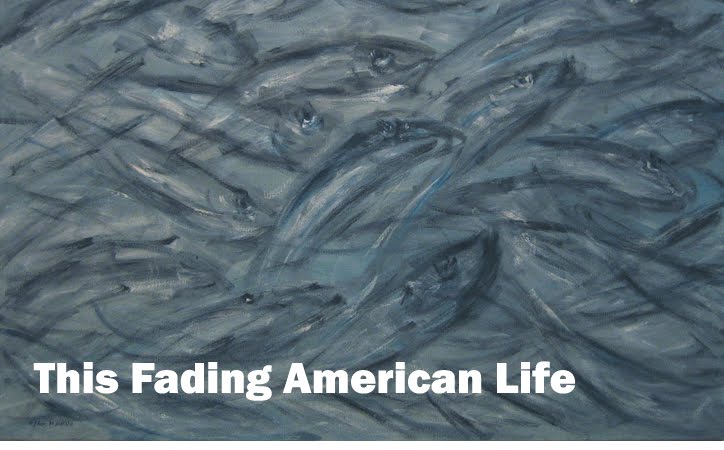An analysis of published research - one of the key measures of scientific effort - reveals an "especially striking" rise by Chinese science.
The study, Knowledge, Networks and Nations, charts the challenge to the traditional dominance of the United States, Europe and Japan.The figures are based on the papers published in recognised international journals listed by the Scopus service of the publishers Elsevier.
In 1996, the first year of the analysis, the US published 292,513 papers - more than 10 times China's 25,474.
By 2008, the US total had increased very slightly to 316,317 while China's had surged more than seven-fold to 184,080.
Previous estimates for the rate of expansion of Chinese science had suggested that China might overtake the US sometime after 2020.
But this study shows that China, after displacing the UK as the world's second leading producer of research, could go on to overtake America in as little as two years' time.
"Projections vary, but a simple linear interpretation of Elsevier's publishing data suggests that this could take place as early as 2013," it says.

In the U.S., bashing of teachers is the favorite subject for politicians these days. Full sale assault on science permeated every corner of our daily life. When if evolution should be taught in school is a hot debating topic, you know this country is setting itself up for failure.
Also, this country is doing well in consoling losers in competitions, but is not good at encouraging more competitions.
Considering this headline story in California - CSU to turn away 10,000 students stating that California State University system, facing a crushing funding issue, threatens to "turn away" qualified or eligible 10,000 students.
Eligible students? What makes a high school graduate eligible for college education? It might sound strange to many Americans but it is a very present issue in more competitive countries such as Japan or China. There, eligibility means one could beat other applicants and be accepted into hard to gain seats. Here, it means one sat through, actively or passively, his or her high school years, with or without the readiness to take college level courses, with or without intention and ambition to work in any field requiring college educations. There, higher education is the reward for hard work one puts in; here, it is god-given rights we can trample and discard at our will.
Our country is setting itself for failure; our educational system is setting our children up for failure.
But, as long as we can own next generation of iXXXXXXXX, we'll do fine.





No comments:
Post a Comment